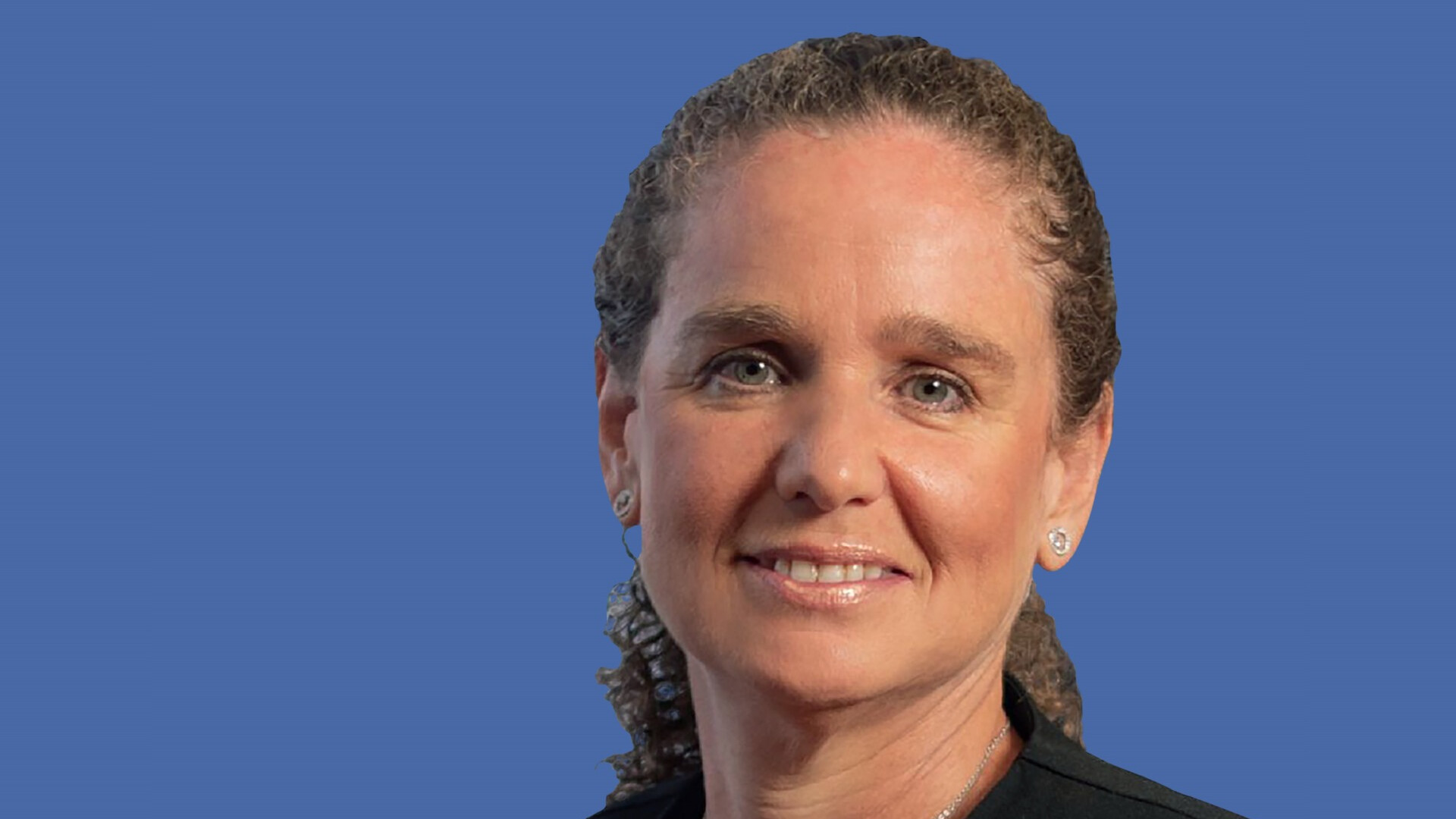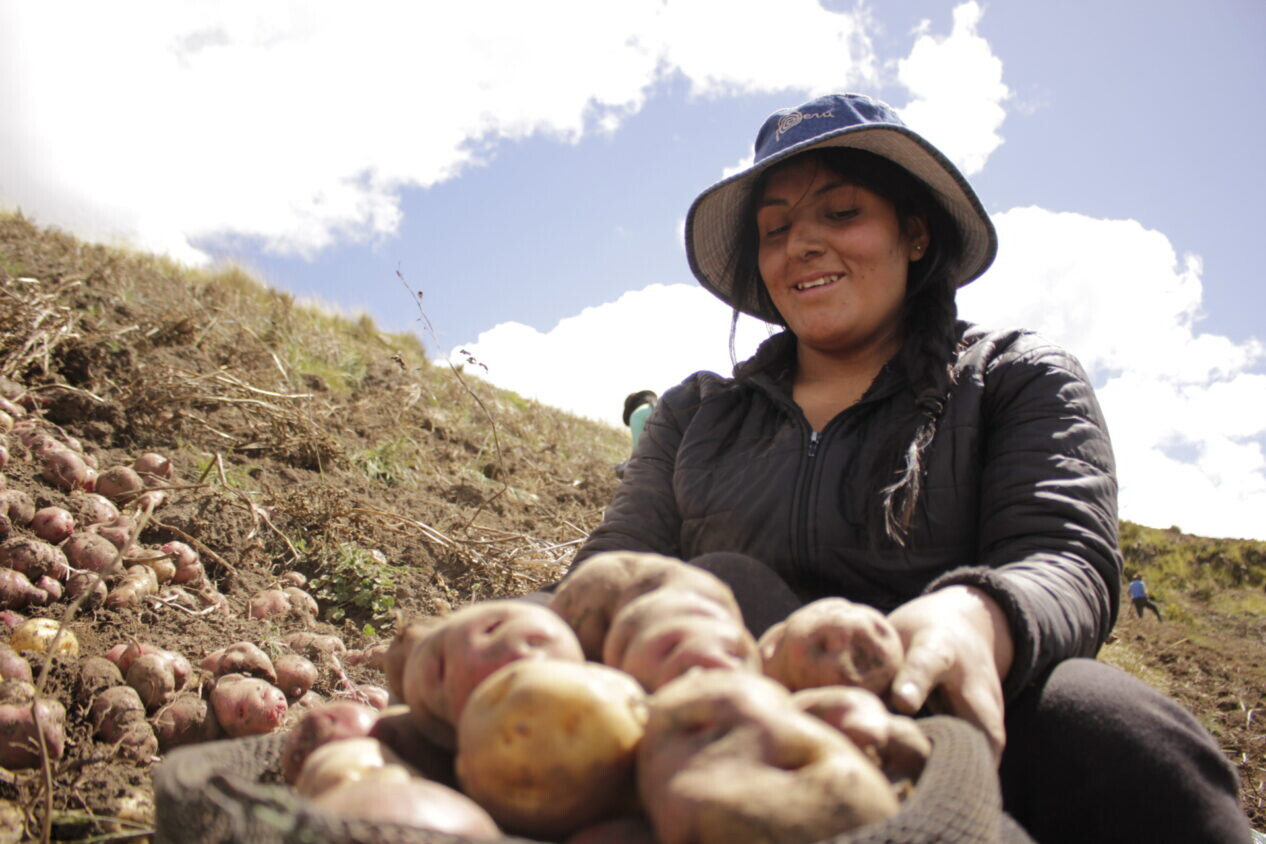Interview with Claudia Cooper, President, Perumin 35
Claudia Cooper, Peru's former Minister of Economy and Finance, and the current head of Perumin 35, lays out her vision for mining...

Why did you decide to become president of Perumin 35?
Claudia Cooper: When I served as Minister of Economy and Finance, I realised that we need to achieve consensus across society if we want to deliver real change. In recent years we have seen lots of laws in Peru that aren’t implemented or effective. Indeed, it has become harder to even pass laws. So, we need to work with civic society to agree a path and then enact the laws that can deliver that. Moreover, as a macroeconomist I know that mining is key for the Peruvian economy. Mining is the industry that will fund any social change that we want to deliver so I felt it was important to work with the sector.
What happens in the Peruvian mining sector doesn’t just impact our country – it has global relevance. But if we are to develop this industry to its full potential we need to work with all Peruvians. Unlike other commodity industries in other countries, Peru’s mines are spread throughout the country, which makes it relevant for the people. Perumin 35 will be the first time the industry gets together after the pandemic and a key platform for creating the consensus we need to drive mining forward.
Peru’s current government discourages many international investors; will that hit the mining industry?
CC: I think we have to accept that there is political uncertainty across Latin America and Peru is no exception. It’s clear that right now in the country we need to agree what we want from mining. Until now Peru has been successful in attracting world-class investment, and that has driven our macroeconomy, but we haven’t been efficient at translating that wealth into progress for our people, especially those who live around the project areas.
At Perumin we need to talk about how we can drive social development while remaining attractive for international investors. We want to have the best companies from around the world operating here because they use international best practices and technology that protects our environment.
The Peruvian state is bad at redistributing mining income; how can that improve?
CC: I worked in the public sector for many years and I guarantee that you can find great people at all levels of the Peruvian state. But these functionaries are hampered by political instability and burdensome regulations. Our Congress has the bad habit of making very complicated legislation and changing the existing legal framework so that it is very hard for state officials to implement the law.
However, in Peru in the 1980s the situation was even worse and we managed to overcome the challenges. The Central Bank became one of the most respected institutions in the country and has been responsible for our macroeconomic successes. I believe that we can do the same again today and improve the public institutions. Peru is greater than its problems and if I didn’t believe that we could use mining to improve the country I wouldn’t be President of Perumin.

I am also President of the Lima Stock Exchange and one thing that I have learned working in capital markets is that investors are prone to overreact – either positively or negatively. A few years ago, some Peruvians got so carried away with our economic growth that they predicted we would soon be a developed country. Now, some Peruvians are so alarmed by the political instability they fear the country will fail. Neither is true.
Peru has a solid economy that is growing at 3%. It is supported by a robust financial system and a world-class mining industry. The political instability doesn’t help but hopefully it is part of a process that we are going through as a country.
What are Peru’s competitive advantages as a mining jurisdiction?
CC: Peru’s geology is incredible. We have mines dotted throughout the country and have a wide range of metals. The widespread distribution of our metals is a political advantage for our country because it means that mining can’t be captured by a radical president in the way that Venezuela’s state oil producer, PDVSA, was.
We have enormous mining potential with lots of projects waiting to be developed. I think various administrations made the mistake of betting heavily on infrastructure as the main engine of development. We should focus more on boosting Peru’s human talent – we need knowledge transfer to ensure that Peruvians are able to build and operate this infrastructure. We need more formal companies in the provinces of Peru, so that they can execute high-standard works for the local governments and also create high-quality jobs in these places.
Another advantage is our constitution, which respects investors. The current legal framework has already attracted lots of investment so we know it works. There are lots of international companies with large projects that will keep investing because they already have assets here. The new investments are probably being delayed by the political problems but that reflects the fact that Peru is in a moment of social change. Overall, our competitive advantages are significant.
How can Peru’s capital markets support the mining industry?
CC: The large mining firms don’t have any financing problems at the moment as the high commodity prices gives them lots of liquidity. However, the small miners and the mining providers do need more funding, especially for long-term projects. The BVL is small but it will get a big boost when it is merged with the Chilean and Colombian stock markets. We have already submitted the plan and are just waiting for regulators to approve. That will give us deeper markets that can help the small mining projects that aren’t big enough to list in New York. Better local capital markets will also help mining suppliers and contractors who need long-term funding to compete for long-term projects. Mining is a capital-intensive, long-term industry, so it can’t be funded solely through bank loans.
Are you optimistic about the future of Peruvian mining?
CC: Yes – I am optimistic because I work in the sector and live in the country. Peru has been through much more difficult situations in the past and it has always managed to overcome them. The world is governed by cycles and these current difficulties are necessary because it is forcing us to work towards consensus. I believe that we can emerge from this with an agreement that is more sustainable in the long-term because instead of just focusing on macroeconomic numbers we are also talking about the social impact.